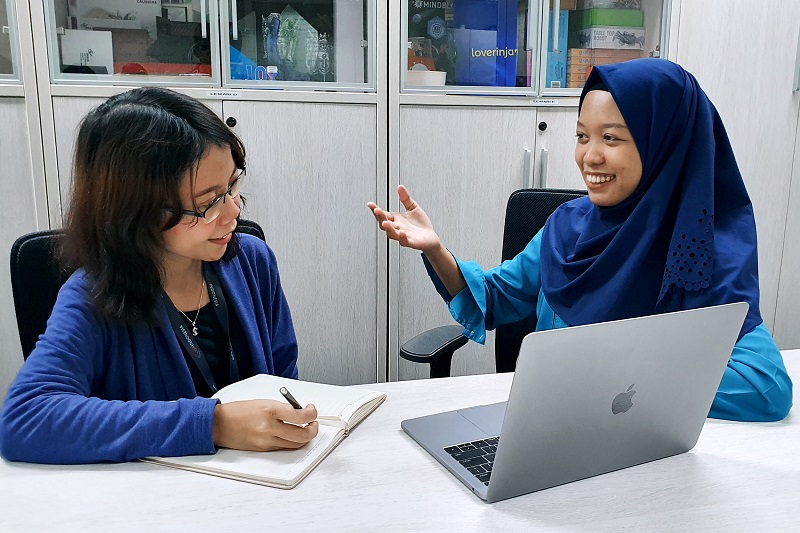The Business of Empathy
In last week’s post, I provided a teaser about the “feeling economy.” During a Right Management meeting, the term was mentioned as a side note but not really explained. But the term intrigued me, so I did some research.
Just as machines brought us into the Industrial Age, machines, specifically computers, are setting the foundation for the Feeling Economy. The Industrial Revolution emerged as machines replaced humans in repetitive jobs. Many people were affected by this shift as they lost employment to machines. On the positive, as machines took over the easy tasks, humans became the thinkers and the craftsmen. Computers continued to handle more and more leading us into the Technological Revolution, and now computers are swiftly taking over intellectual labor. Voice recognition allowed them to handled customer service calls, and now they can even write articles. I understand that this may scare many people, but what is emerging is so hopeful and beautiful to me. What we are moving into is the Feeling Economy.

At least for now, the one thing computers can not do is have empathy. They can not relate on a personal level with humans. Maybe they will be able to do so in the future, we’ll see. But for now, what makes me excited and hopeful is that what is finally being recognized and valued is emotional intelligence. The California Management Review and the Smith Business School introduce us to the Feeling Economy. As Artificial Intelligence (AI) takes on not only mechanical and repetitive tasks, but moves into analytic and thinking tasks, we move closer to a Feeling Economy where people focus on interpersonal and empathetic tasks. The next boom is with workers who focus on the feeling tasks and emotional sensibilities.
On a personal level, I feel like this frees me from being a machine and provides me the space to be fully human. My strength, and my weakness, is my Type-A drive. This innate drive has allowed me to accomplish incredible things and keep things on track no matter what. It has also made me an unfeeling task master putting projects above individuals’ needs. For much of my work life, I was a machine. I saw the project at hand and only looked at the facts, what needed to be done and by when. I was automated. I was efficient. And I was very cold, distant, and heartless. I almost never took people’s feelings into account. What needed to be accomplished was of sole importance.
Thankfully, slowly over time, I have become more human and empathetic. What has helped me learn and accept the deep truth and need for empathy is that everything is transitory. A profession, a specific job, or a current project being worked on, all of these things change. Think about your term paper for school and how important it was at the time versus how important it is to you now. Most of what we find critical in the moment, is meaningless in the future. What I regret now is not how I performed my work, but how I treated those around me as I bulldozed my way through my work.
We are not here to accomplish things – although we may. Primarily we are here to connect. We are here to give and receive compassion. We are here to love and be loved. All the stress in the world is due to deadlines, ideologies, and other man-made concepts. Peace is found in connection, compassion, and love. I am learning to focus on the experience I or my cohorts are having. When I work with people in job transition, they can learn everything they need to about the job search from Right Management’s extensive articles, videos, and even AI resume review app. My principal role is not to teach or help them complete the process. What I can and should do is help them grieve the loss of their old position, sort through the anger of being let go, and deal with the fear of being between positions. I am in the feeling economy.
In releasing my computerized ways, I am learning to let go of expectations. Expectations are based on a right or wrong, they are based on timelines, they are based on my perceptions. Where I find more joy myself and more relief for my candidates, is focusing on their progress and growth. Yes, we are still working to land them a new position, but I am thanked more for helping people regain their confidence, have hope in the face of uncertainty, and for providing comfort and support. The result, the new position, is often just the framework for their personal growth.
Daniel Goleman introduced Emotional Intelligence back in 1995. Since then Brené Brown, Simon Sinek and others have been leading the charge of evolving business leadership into the feeling economy as empathy is posed to become more important. As with many changes and rebirths, some professions may be affected as we move into the feeling economy. But the shift to focusing and valuing people, feelings, and emotions gives me hope we are headed in right direction as a species. I am pretty excited. You?




